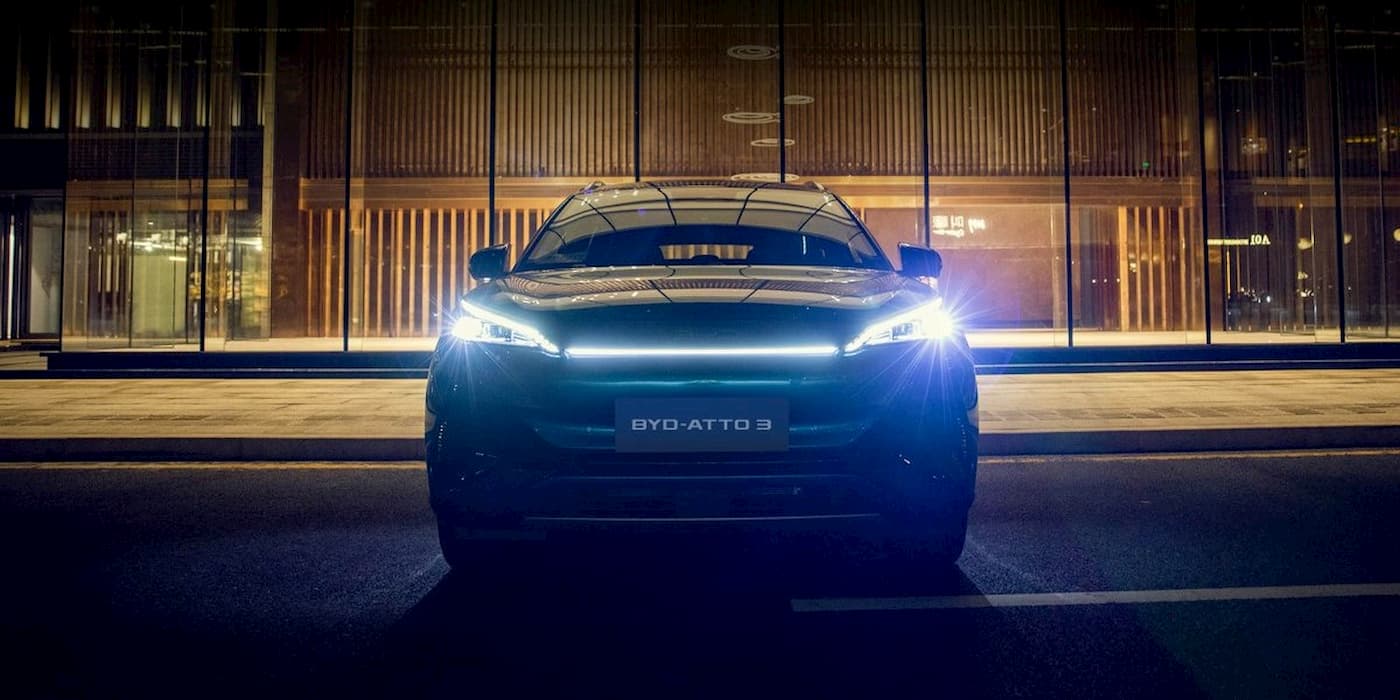
The US-China trade war heats up as the Biden administration has signaled a warning that electric vehicles from China could pose a “significant national security risk” in that the huge amount of data they collect could be sent to China.
US Commerce Secretary Gina Raimondo said that electric and autonomous vehicles are “collecting a huge amount of information about the driver, the location of the vehicle, the surroundings of the vehicle,” reports Bloomberg. “Do we want all that data going to Beijing?”
The White House is also preparing a separate executive order to prevent foreign adversaries from gaining access to “highly sensitive” personal data.
The US has imposed extra tariffs on Chinese EVs since 2019, with US officials having long warned that China poses a threat in data security, and the new measure could have broad implications across a number of industries, the report said.
Chinese columnist Ruan Jiaqi, however, criticized the move, saying Raimondo statements defamed China’s EV makers, reports Hong Kong-based Asia Times. BYD, for one, had seen huge success in Europe and Latin America but has avoided the US due to its 25% tariffs imposed by the Trump administration on Chinese cars in 2019.
Last December, the US Treasury Department released a new list of guidelines for federal subsidies that excluded vehicles containing battery components manufactured or assembled by a “foreign entity of concern” (aka China). As of 2025, vehicles whose batteries contain certain “critical minerals” extracted or processed in China will also be ineligible for the tax credit.
Tesla’s CEO Elon Musk said last week that Chinese EV makers would “pretty much demolish” other competitors if it weren’t for trade barriers.
Also, the end of December, US lawmakers passed an act preventing the Defense Department from purchasing batteries produced by CATL, Envision Energy, and a number of other Chinese manufacturers from October 2027. Still, the measure didn’t exclude companies like Ford from making deals with CATL to produce lithium-iron-phosphate batteries in a new $3.5 billion battery-making plant in Michigan – a project that was stopped last September. But now the chairs of two US House committees are asking the US government to investigate four Chinese companies in connection with Ford’s new Michigan battery plant.
Back in 2022, the FCC cited national security as the reason for banning the sale of communications equipment from Huawei and ZTE and restricted the use of some China-made video surveillance systems. A number of European allies have banned the use of Huawei’s 5G equipment. Not to mention DJI being blacklisted for federal use in the US. Meanwhile, the Chinese military steers clear of Tesla vehicles for the same reasons.
Still, Chinese EV expansion is well on its way, with BYD pushing international growth with its plans to build an EV factory in Hungary, and other automakers are looking to set up production in Europe as well. Chinese companies MG, BYD, and Chery have also been scouting sites in Mexico and talking to officials for better access to the North American market. MG is planning to build a $2 billion factory, while BYD is ramping up investments worth hundreds of millions for its own factory – actions which have set off alarm bells in Washington.
FTC: We use income earning auto affiliate links. More.


Comments